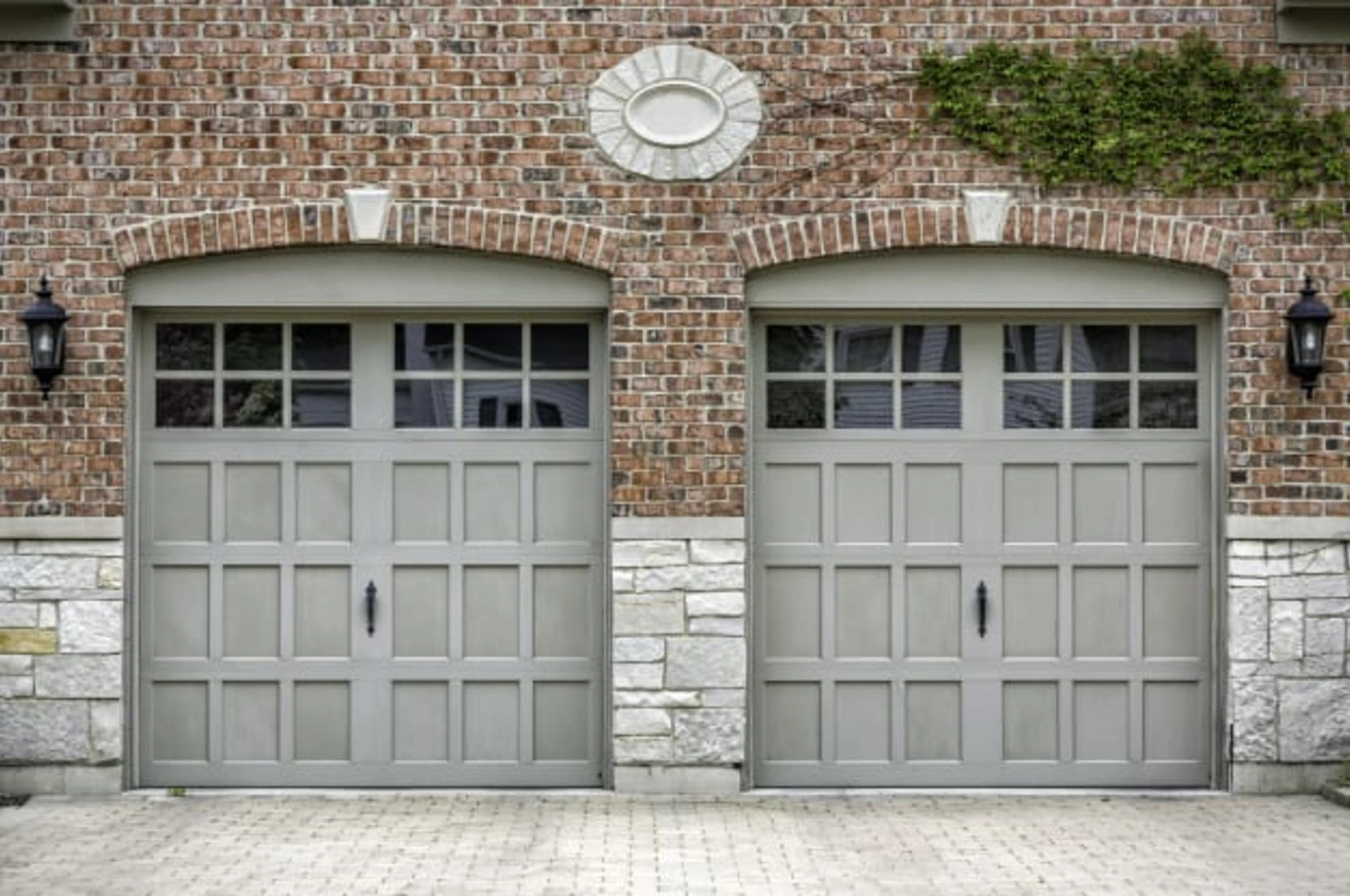
With the rise of suburbia, the two-car garage became a fixture of the American home. In the future, it may a residential relic.
The percentage of two-car households in the United States will decline in coming decades, experts say, and as a result, a leading consulting firm is warning automakers they must brace for the possibility of weakened long-term sales. Americans are migrating toward urban centers and increasingly choosing car-sharing services for transportation, auditing firm KPMG says. Gradually, they'll own fewer cars and shed significant ownership costs.
"The economics of mobility on demand are powerful." – Gary Silberg.
57 percent of the 115 million American households have two or more cars today. Over the next 25 years, that percentage is expected to drop to 43 percent of all households, according to projections released on Tuesday during the opening day of the Los Angeles Auto Show.
"If that happens, the overall number of cars in America will actually decline," said Gary Silberg, the company's automotive sector lead partner. "The industry economics would look fundamentally different than they do today."
The overall household percentage is already below the 50-percent threshold in several major US markets. New York City households are the least likely to own two cars, but even in car-friendly cities like Los Angeles and Houston, the percentages have dropped. In Los Angeles, 47.8 percent of households claim two or more vehicles and in Houston, it's 47.1 percent, per 2013 US Census Bureau data.
Accelerating the move away from two-car households will be the proliferation of car-serving services, which KPMG says have "seemed to rise out of the ashes of the Great Recession."
Fixed costs of operating a vehicle are 61 cents per mile today, but when expenses like insurance, registration and depreciation are eliminated by car sharing, those fixed costs could fall to 26 cents per mile, Silberg says. "The economics of mobility on demand are powerful," he said.Fifty-seven percent of the 115 million American households have two or more cars today.
The company's white paper was released as part of the Connected Car Expo at the Los Angeles Auto Show, and it delivered projections on household vehicles, the evolving collision between software and automotive and how OEMs can hold onto customers by enhancing their connected driving experience.
Check out the video above to see how KPMG envisions the self-driving car of the future keeping a motorist connected to the outside world while they're on the road.


Sign in to post
Please sign in to leave a comment.
Continue